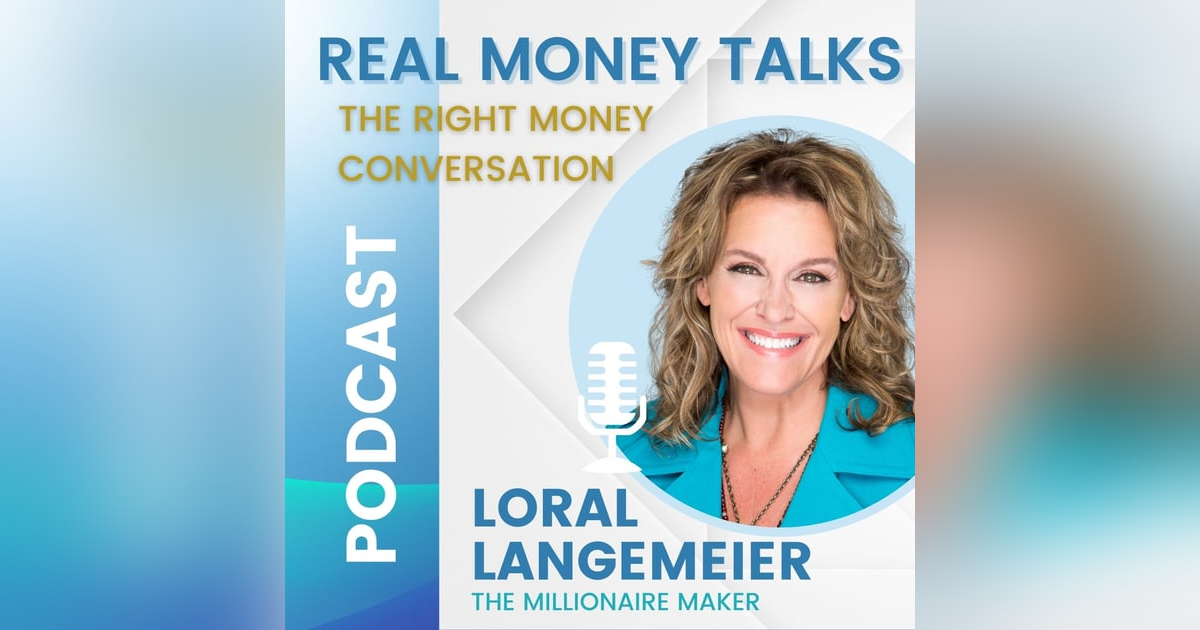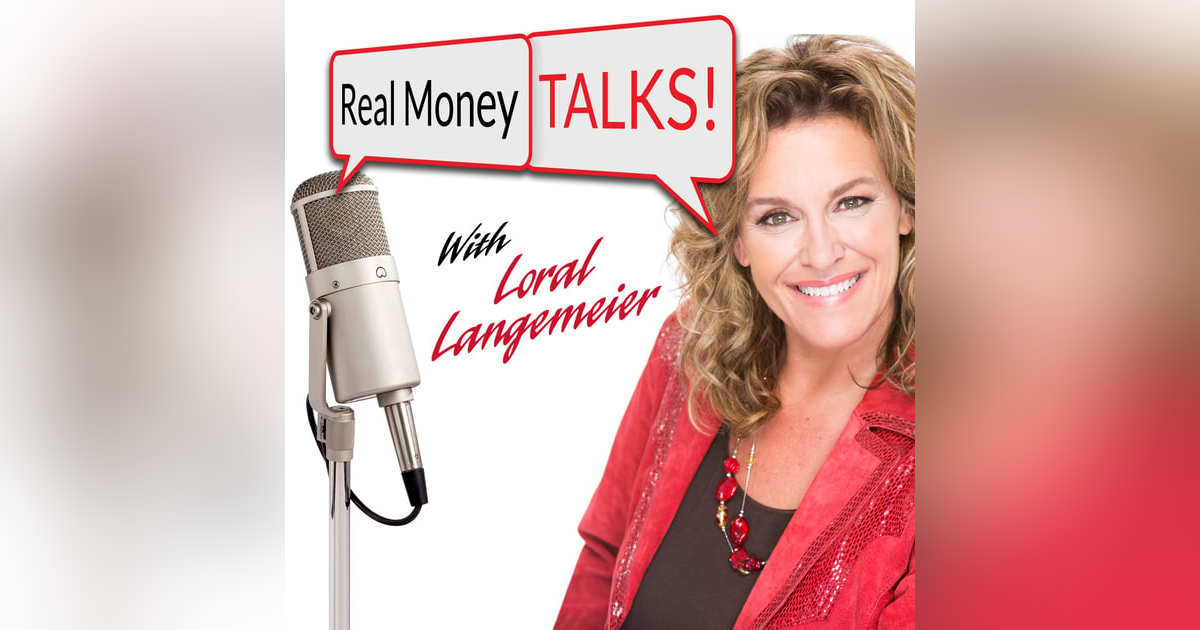So many new entrepreneurs and small business owners make the mistake of tangling their personal and business finances together. There are so many reasons why this is a bad idea. From having tax issues to lowering credit scores to making you personally liable for business problems, you don’t want to do this. This episode will teach all of the reasons why these accounts should be separate.
My guest today is finance coach Eileen E. Galbraith. On today’s show, we discuss the difference between personal and business credit and how to set things up the right way. Eileen shares the 10 foundations of establishing business credit and how doing so can improve your credit score in your business and your personal accounts. Eileen learned the importance of this from a personal experience and is passionate about helping business owners set things up the best way possible.
You can find Eileen E. Galbraith here:
Ask LoralThe Credit GalEileen E. Galbraith on LinkedIn@EileenGal1 on Twitter
Show Notes:
- [02:21] It's so much better to be prepared than to have to rush around for the needed cash. It's good to find out what you qualify for and the terms for future business.
- [02:37] Eileen can also help you repair your credit. No matter what shape your credit is in, it's important to build it back up for your business.
- [02:51] Not being able to find capital is one of the reasons why many businesses go under.
- [03:23] Eileen used her own personal experience of rebuilding her credit after bankruptcy to start a business. Getting into business financing helped her teach something that she went through herself.
- [04:24] There are five different factors that determine the credit score with personal credit. Everything you do affects you personally.
- [04:36] With business credit, you can build credit in the name of the business without the liability. Your borrowing power also increases. Set up your entity and then start to build your business credit.
- [05:35] Using personal credit for your business puts too much risk on you and your assets.
- [06:03] The only thing that determines your business credit score is how you pay your bills.
- [06:37] Everything should be separate. Build a spreadsheet and analyze your expenses.
- [07:39] You don't want to commingle funds because of compliance issues and taxes.
- [08:25] 35% of your personal FICO score is how you pay your bills. 30% is the ratio of available credit to used credit.
- [09:05] Look at your credit report and see where you are and then build a strategy around that.
- [10:23] Have detailed list of credit cards and all of the details. 65% of your FICO score is how you use your credit and pay your bills.
- [11:52] Don't apply for credit before you have the foundations of your business established.
- [13:19] Eileen does an extensive analysis starting with personal credit. She looks at how your bills are reported on your credit report. Then they determine how things can get paid down and creates a plan of action.
- [15:09] The foundations of business credit include actually having a business. The three credit reporting agencies are Dun & Bradstreet, Experian, and Equifax.
- [16:32] Dun & Bradstreet are the number one business reporting agency.
- [18:05] Foundations for building business credit. Establish your business as an entity. Get your EIN number and your DUN number. Set up a business checking account. You'll need to take your paperwork and articles of incorporation to the bank. This is where you get a business credit card using your EIN.
- [19:19] You need to have a website have a landline and a fax number. Don't let your business address be a P.O. Box. All of your paperwork has to match the same.
- [22:05] Every business entity should have its own business credit card.
- [23:03] Identity protection can help monitor against fraud. Make sure your bank covers fraud. Use antivirus and don't use public Wi-Fi.
Links and Resources:

